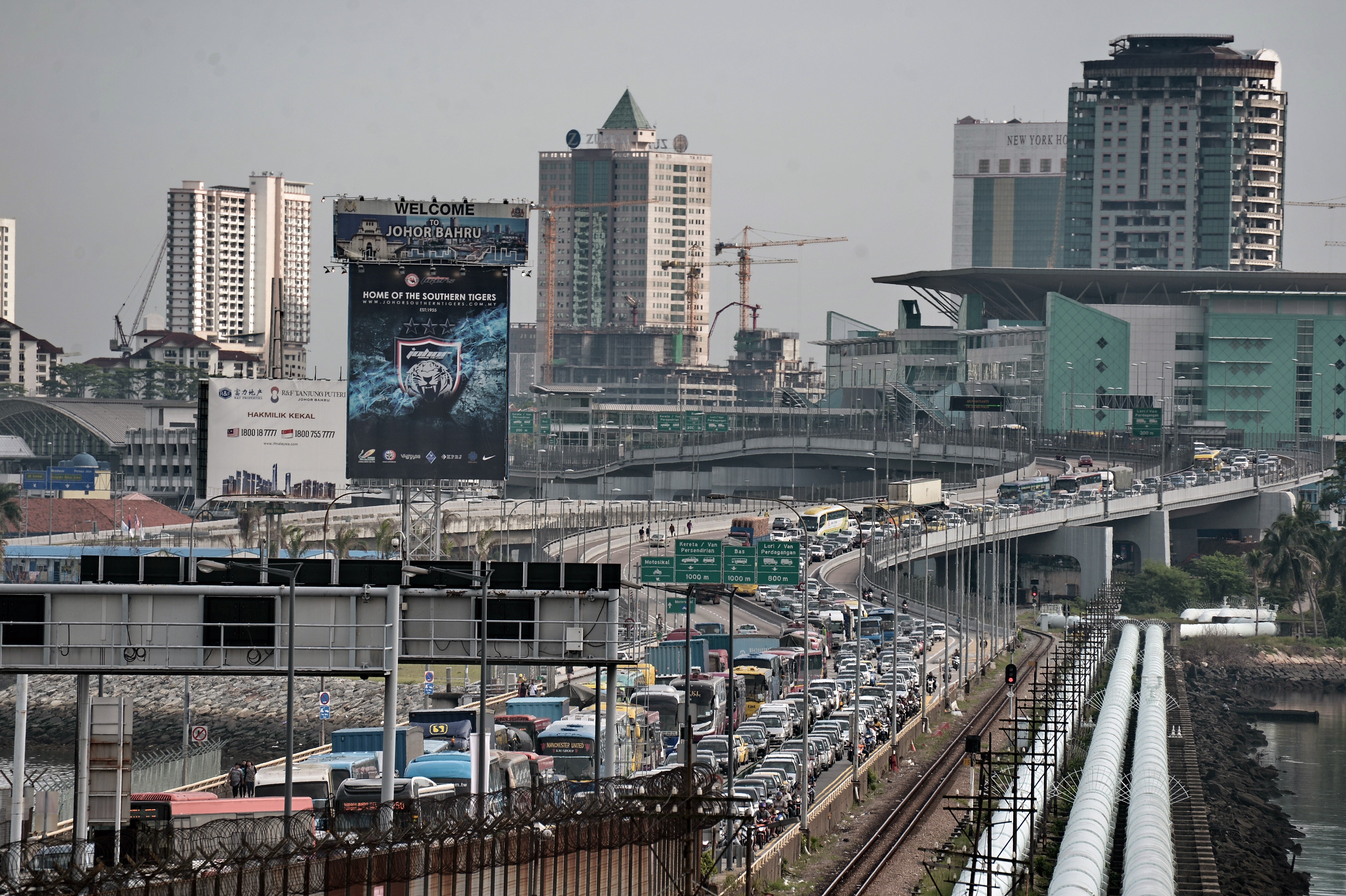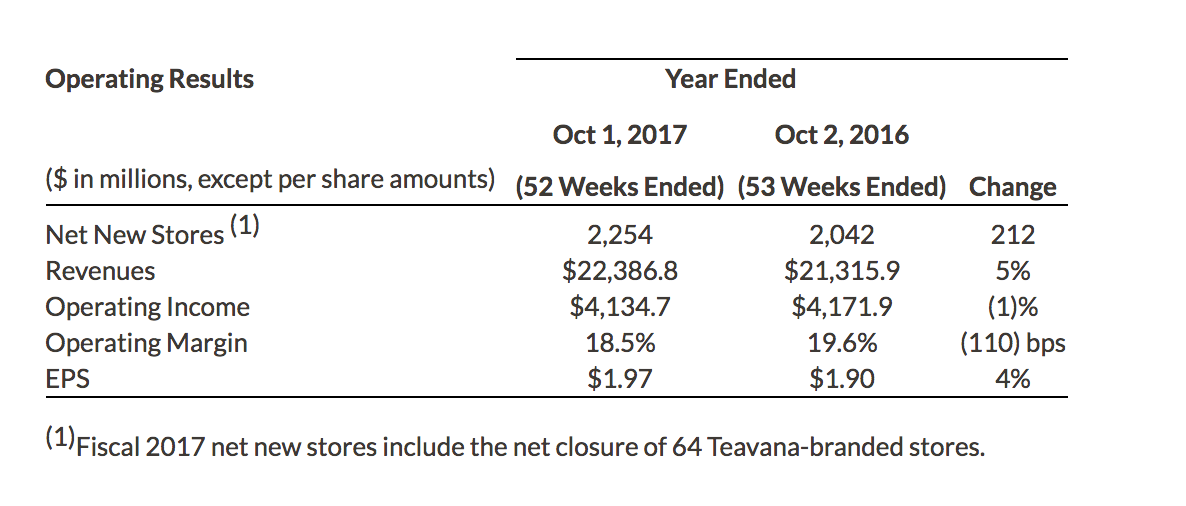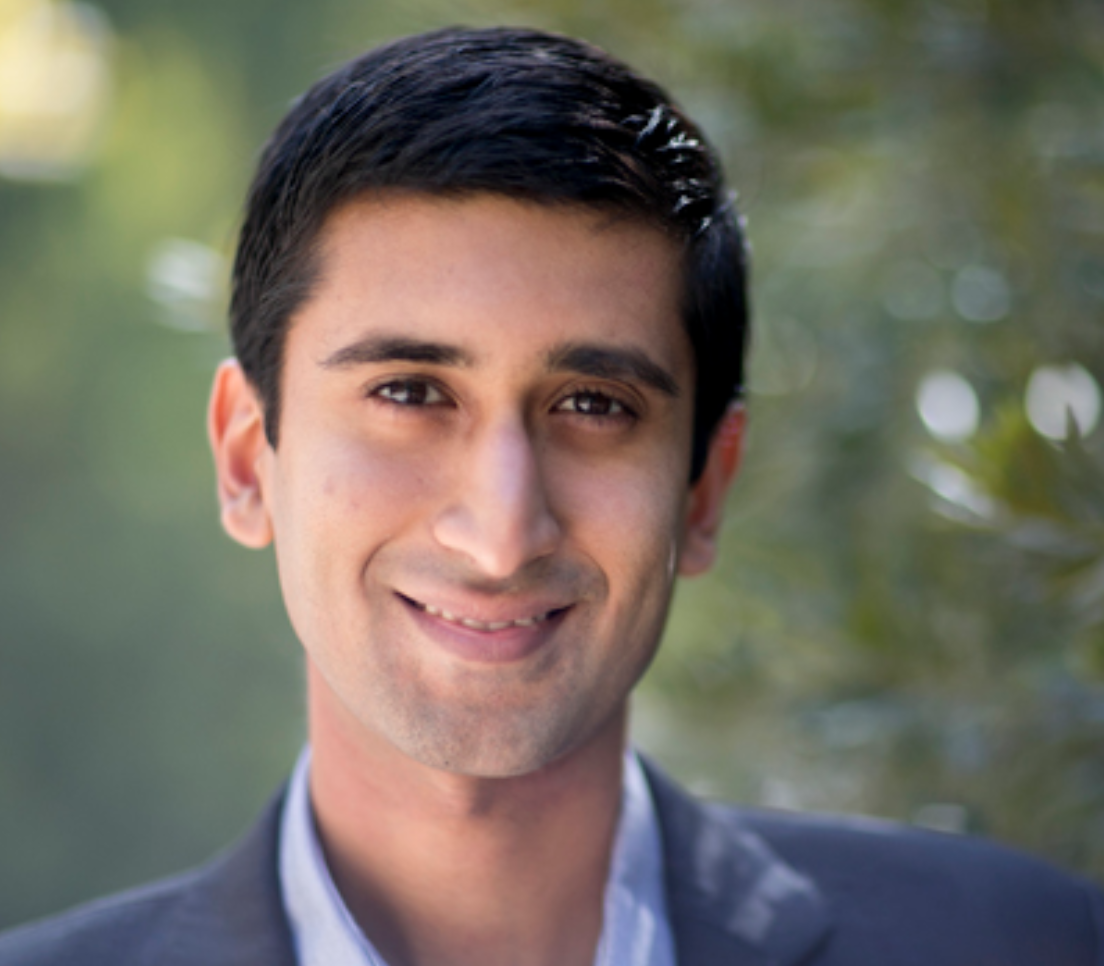Technology, complexity, anxiety, catastrophe

You wake up. Check your phone. Something happened overnight. People are upset. The actual news is uncertain, it’s too soon for context and understanding, but it’s not too soon for everyone to quickly confirm their biases. It’s never too soon for that.
You shower. Get dressed. Get ready for your job. Work emails have already begin to flood into your inbox. Some automatic, some written by such early risers. What drives those people from their bed at dawn? Your phone buzzes with a notification from an app, and then another. A fitness app reminding you to work out. A Slack message from a co-worker time zones ahead of you. A news app telling you more about last night. The news is breaking. It’s always breaking.
Facebook reminds you that your friends have birthdays. Your personal email reminds you that your car insurance is due soon, that your free trial account with that new service will expire soon, that your credit card on record with another service expires next month, that you have only a week left to review that hotel you stayed at to get away from it all. You move these emails to your Deal With It folder, which now reports 35 unread.
You work on your way to work. If you drive you take calls and send emails via Siri; if you take the train you tap at your phone or type on your laptop. Then you get to work and take on the rest of your life, you triage the Deal With It folder, you book that long-delayed dentist’s appointment, feeling guilty that you’re still using an old-fashioned toothbrush.
You don’t feel guilty about using work time. There’s no real distinction between work time and you time any more, not on weekdays. Those two times will wax and wane, parasitically intertwined, as long as you’re awake. It’s not that it’s corporate policy. It’s not that you work at a bad place. It’s just the way things are, now. You don’t think you’d want them to work differently, to be disconnected.
That weird pain in your gut comes back in the afternoon. You know better than to try and diagnose it online, but you do anyhow. Maybe you have indigestion. Maybe you have cancer. Cancer isn’t a death sentence any more, though, or at least, not exactly, or at least, it’s very case by case, there’s no such thing as “cancer”, there is only a fractal taxonomization of millions of individuals with cancer, which, you reassure yourself, very likely doesn’t include you.
You try to eat the right kind of food for lunch. It is very unclear what the right kind of food is. It seems to be more unclear with each passing day. After work, or, well, after you leave the office, you try to do the right kind of workout, but, well, yes, again. Scientists have so much data these days, more than ever before, and, it seems, so few conclusions.
On the way to see your friends you check your usual online news sources again, as you’ve been doing all day, of course, in breaks between bouts of work. Violence in Berkeley. A civil war in the Middle East. Catastrophe in the Caribbean. Pollution in China. Breakthrough in AI. So much happening so fast, too fast to really make any sense of it, to put it in context, to construct a coherent narrative. Sometimes it feels like someone jammed a heavy thumb on the world’s fast-forward button, and smeared the voice of the zeitgeist into high-pitched gibberish.
Your friends are doing well, or seem to be, but they all seem a little uncertain about their jobs, their homes, their family, their future. A few seem to have too many possibilities to choose from. Most seem to be stagnating while watching possibilities slowly wither away. Those tend to be the ones with the most beautiful, enviable, carefully curated Instagram feeds.
You lament the political situation with your friends. Of course you do. What’s not to lament? Other people don’t understand the problems your nation, and the world as a whole, faces. They can’t grasp the nuance, the complexity; they can’t distinguish between what is and isn’t important; they confuse trivialities with disasters about to smash through our door, and vice versa. They turn their back on the future technology is bringing to us in favor of the ridiculous idealized failures of the past. They’d rather ruin themselves, and via democracy everyone else, than ever begin to question their own kindergarten mindset.
As you head home the pain in your gut is back. You want to watch something good, but between Netflix and YouTube and Amazon and iTunes there are far too many choices, so you end up watching a Marvel movie instead, even though you’ve already seen it. It’s reassuring. Heroes and villains. Right and wrong. Then you go to bed, put your phone down, try to sleep, give up, and pick your phone up again, as you do every night. Your late-night people are upset. Something has happened.
Featured Image: Mark Skipper/Flickr UNDER A CC BY 2.0 LICENSE
Published at Sun, 10 Sep 2017 13:00:38 +0000




